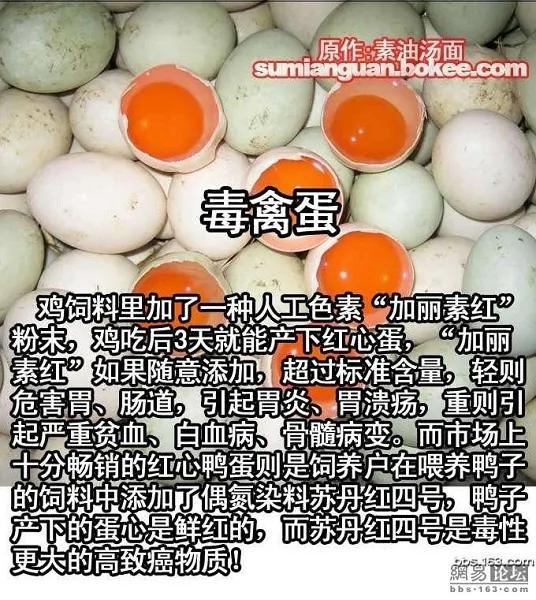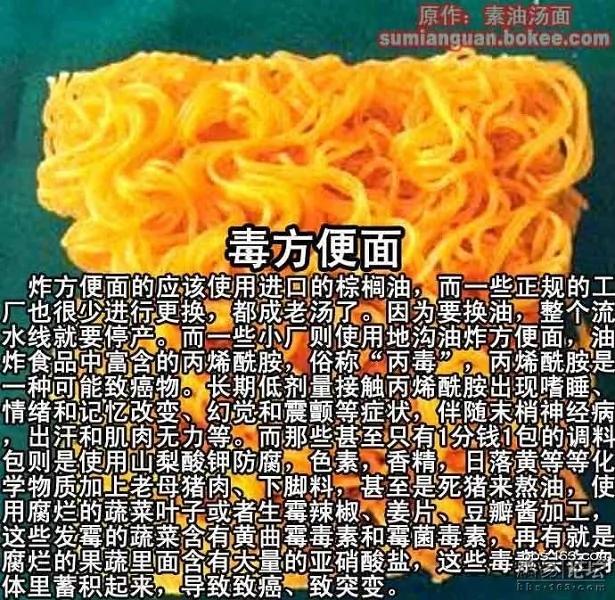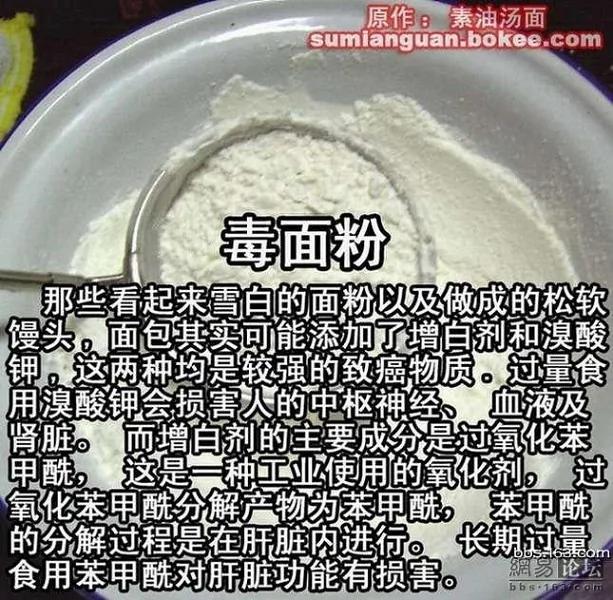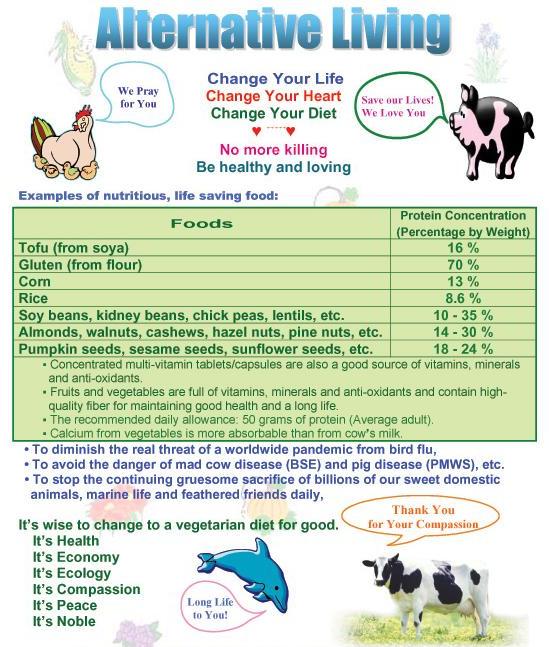
Unilever latest to find tainted milk in Chinese goods
By Jenny Wiggins, Consumer Industries Correspondent
October 1 2008 03:00
Unilever yesterday became the third multinational food group in less than a week to issue a product recall linked to the Chinese melamine scandal, highlighting weaknesses in global food safety practices.
Unilever said it would stop using Chinese milk powder for some products after it found melamine, an industrial chemical that has made thousands of Chinese children sick, in batches of Lipton-branded tea powders exported to Hong Kong. It recalled four batches of milk powder.
The move follows US food group Heinz's recall last week of 270 cases of Chinese-produced baby food sold in Hong Kong, and UK confectionery group Cadbury's this week of all chocolate produced at its Beijing factory.
The recalls have forced food companies to test their own products for signs of contamination, rather than rely on food safety checks from local authorities, and more carefully assess their suppliers. Most multinational food companies buy ingredients locally.
When the melamine scandal broke earlier this month, companies assumed their products were free of the chemical because the dairies from which they bought liquid milk had been cleared by the Chinese government. Subsequent tests by companies had found melamine in their products, nonetheless.
Unilever, which had imported milk powder for use in its tea sachets from New Zealand and Europe until May, when it switched to Chinese suppliers, is switching back to imported powders.
Unilever could not comment on whether imported powders would be used for the ice-cream it makes and sells in China. It does not use Chinese milk powder in the ice-cream it exports from China, but it does use local powder in the ice-cream it sells in China.
Cadbury said yesterday it had added "additional checks and procedures" to its Chinese manufacturing process, such as requiring suppliers to produce a so-called "certificate of analysis" from an accredited laboratory showing products are safe to eat.
Swiss food group Nestlé - which cited government clearance of its suppliers when defending the safety of its Chinese-made infant formulas and chocolate bars this month - has started running its own tests for melamine in China, as has Mars, the US food group.
Indonesia's food and drug regulator last week said it had found traces of melamine in several foods imported from China, including Mars's M&M's and Snickers brands. Mars had previously been told by Chinese authorities that none of the milk powders supplied by its two Chinese and two foreign dairy suppliers were contaminated.
Copyright The Financial Times Limited 2008
(Source: http://www.ft.com/; image by: http://www.aboluowang.com/)



 http://www.lovinghut.com/
http://www.lovinghut.com/ Meat or vegetables? Independent online (SA)
Meat or vegetables? Independent online (SA)
 Vegetarian Shoes And Bags
Vegetarian Shoes And Bags Which Stars Are You From?
Which Stars Are You From?


No comments:
Post a Comment